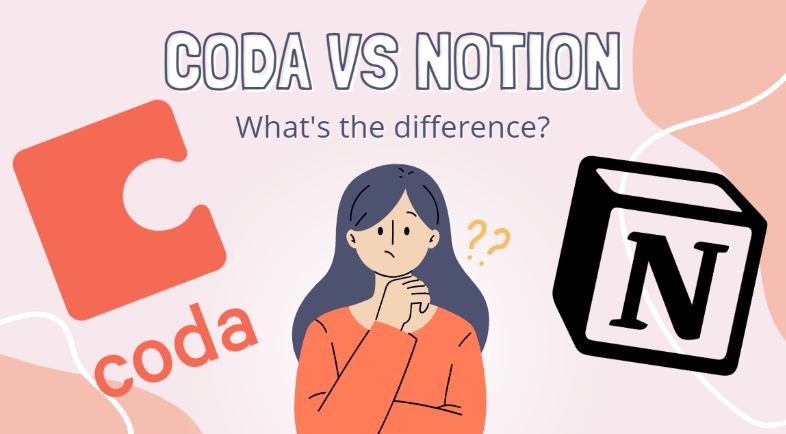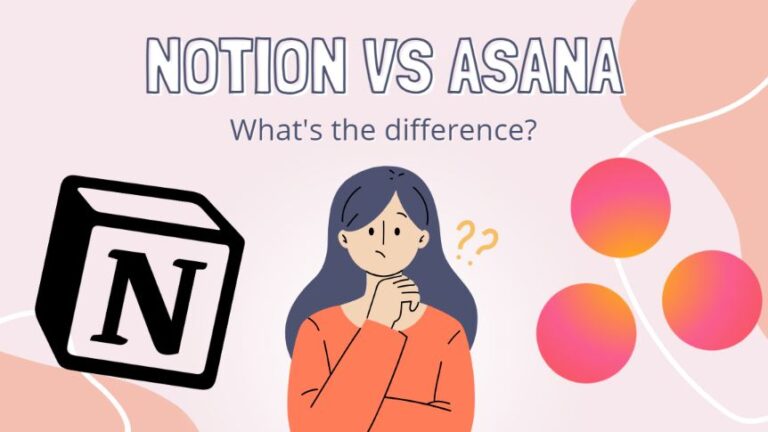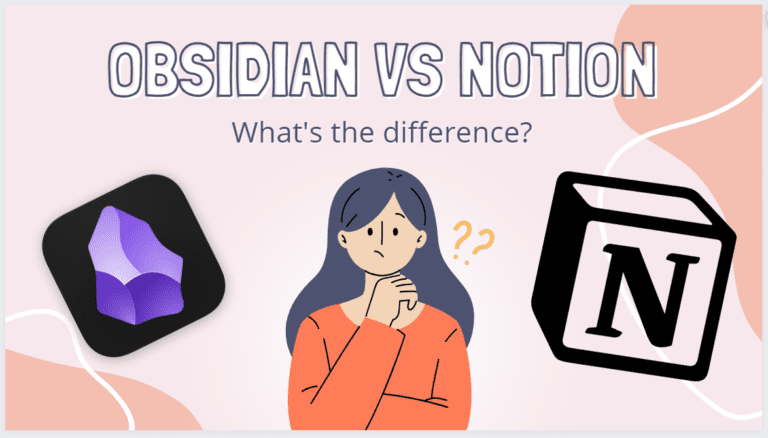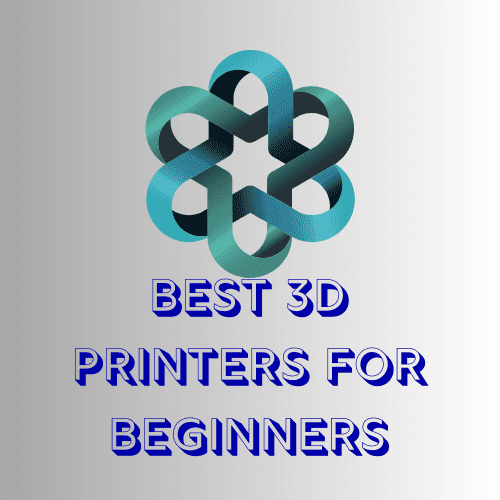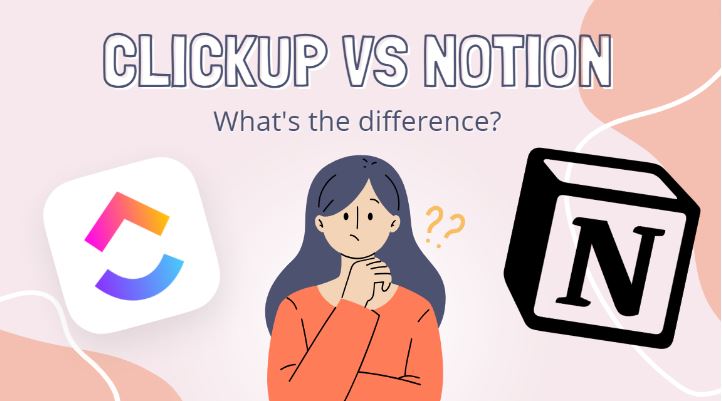Coda vs Notion: The Ultimate Productivity App Showdown [Oct 2023]
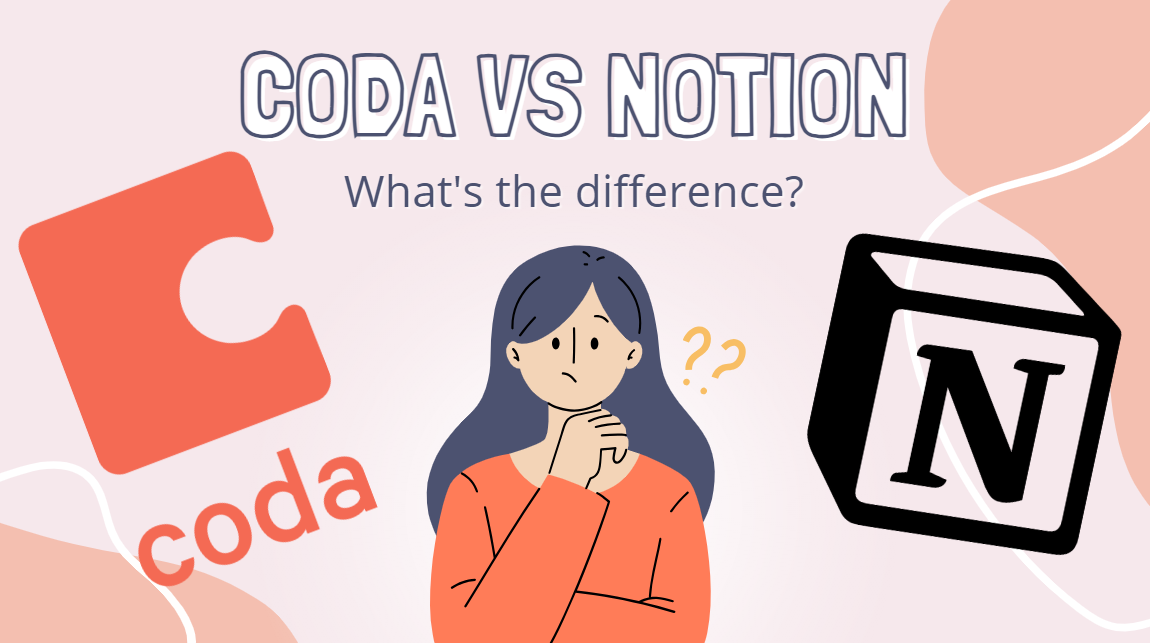
When it comes to identifying a productivity platform that suits your task management requirements, Coda and Notion emerge as two formidable contenders worth exploring. While both are effective tools for task management, Coda and Notion address different facets of organizing and managing tasks, each boasting its unique strengths and features. Here’s an analysis of each platform, categorized into user-friendliness, key capabilities, pricing, and customer support.
Coda is renowned for its extensive feature set, including robust databases, formulas, and workflow automation, making it a more powerful tool compared to Notion. It is ideally designed for professional teams working on complex projects.
On the other hand, Notion’s primary focus lies in organization. It offers a more limited set of views, designed to be as simple as possible, making it a great choice for any individual or team seeking an easy way to organize data.
Coda vs Notion: Executive Summary
Here’s a short comparison if you are short on time!
| Aspect | Coda | Notion |
|---|---|---|
| Overview | Coda is a powerful tool with an extensive feature set, including robust databases, formulas, and workflow automation. It is designed for professional teams working on complex projects. | Notion focuses primarily on organization. Everything in Notion is a Page, even rows in a table. Within each Page are Blocks which can be text writing, or can become code. Notion is great for any individual or team looking for an easy way to organize data. |
| User-Friendly Experience | Coda’s extensive features may require a learning curve, but it offers a powerful platform for those who master its use. | Notion offers a more limited set of views designed to be as simple as possible, making it easy to navigate and organize. |
| Key Features | Powerful databases, formulas, workflow automation. | Pages and Blocks for organizing various types of content, from text to code. |
| Pricing | Specific pricing details were not provided in the search results. | Specific pricing details were not provided in the search results. |
| Integrations | Specific integration details were not provided in the search results. | Specific integration details were not provided in the search results. |
| Support | Specific support details were not provided in the search results. | Specific support details were not provided in the search results. |
| User Feedback | User feedback was not provided in the search results. | User feedback was not provided in the search results. |
Other posts you may like about Notion!
- Notion pricing – how to pick the best plan for you
- Notion Habit Tracker: How To Get More From Your Time
- 10+ Unique Ways To Use Notion
- 40+ Useful Notion Templates
- How to use Notion planner
- What’s better: Notion vs Evernote
- What’s better: Notion vs Obsidian
- What’s better: Notion vs Airtable
- What’s better: Notion vs Asana
- What’s better: Coda vs Notion
- What’s better: Notion vs Trello
Coda vs Notion: Overview
The “Coda vs Notion” debate often comes up when discussing productivity tools, particularly for project management and knowledge management tasks. These two tools, both Coda and Notion, offer unique features that make them stand out in the digital documentation landscape.
Coda
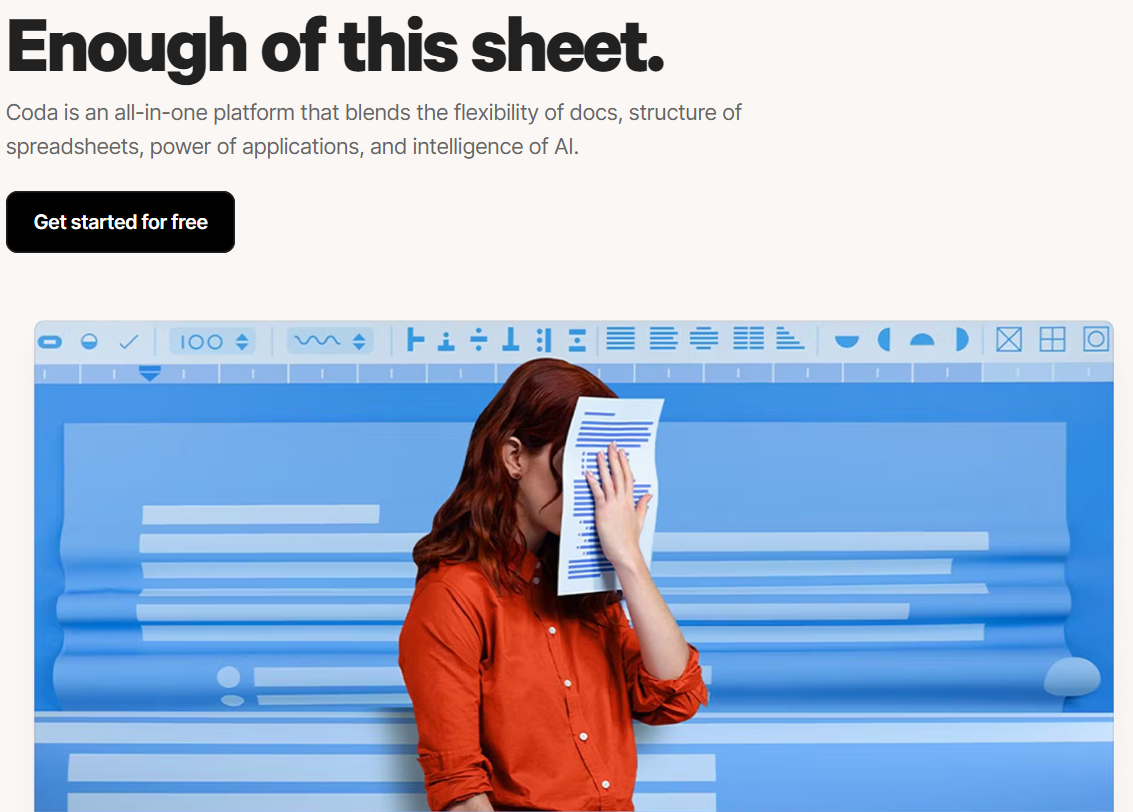
At first glance, you might liken Coda to Google Docs, given its ability to create long-form documents. However, Coda offers advanced automation features, unlike Notion. This is where Coda stands out. With Coda, users can create docs, or what Coda calls ‘maker docs’, that pull data from different sources and link data in an organized manner. This database functionality allows for a more structured approach to project management.
In terms of learning curve, Coda may present a steeper learning curve due to its advanced features. It’s not just about creating tables and blending writing with traditional spreadsheets; with Coda, you can even create formulas and automate processes, much like how you would with your own apps. This makes Coda a potential choice for power users managing projects.
Notion
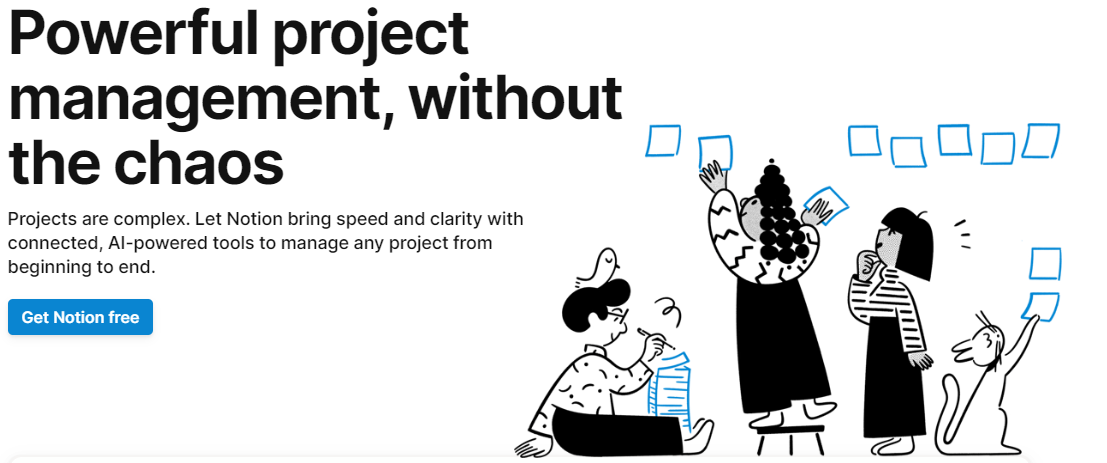
Notion relies heavily on its note-taking tool capabilities. Notion’s roots are firmly planted in simplifying the creation of pages, or “Notion Pages”, as they’re known. The free plan, or “Notion’s Free Plan”, offers unlimited blocks and pages. These features, combined with the ability to create linked databases, make Notion a formidable tool for knowledge base creation and document management.
Notion, is relatively simpler than Coda. While it doesn’t offer the same level of advanced automation as Coda, it provides user-friendly features such as task tracking, meeting notes, and to-do lists. Notion also allows for document collaboration, making it a suitable choice for a large team needing an all-in-one workspace.
User-Friendly Experience: Coda vs Notion
Coda
Coda is a powerful tool with an extensive feature set that includes robust databases, formulas, and workflow automation. It is designed for professional teams working on complex projects. However, its vast array of features can initially seem overwhelming, leading to a steeper learning curve for new users.
Despite this, those who take the time to master Coda’s functionalities will find it to be a powerful and flexible platform. To aid in the learning process, Coda provides ample resources such as tutorials, guides, and community forums. Furthermore, users can customize their workspace to fit their specific needs, adding to the platform’s flexibility but also potentially increasing its complexity.
Notion
Notion focuses primarily on simplicity and ease of use. Its interface is clean and intuitive, with a more limited set of views designed for straightforward navigation and organization. Everything in Notion is a Page, and within each Page are Blocks which can be text, images, or even code. This structure allows users to easily organize various types of content without needing advanced technical skills.
Notion also offers a high degree of customization, enabling users to tailor their workspace to their liking. However, unlike Coda, Notion manages to maintain its simplicity despite this level of customization. For users new to Notion, the platform provides a wealth of resources including tutorials, templates, and a helpful community, making it easy to get started and continue learning.
Key Features: Coda vs Notion
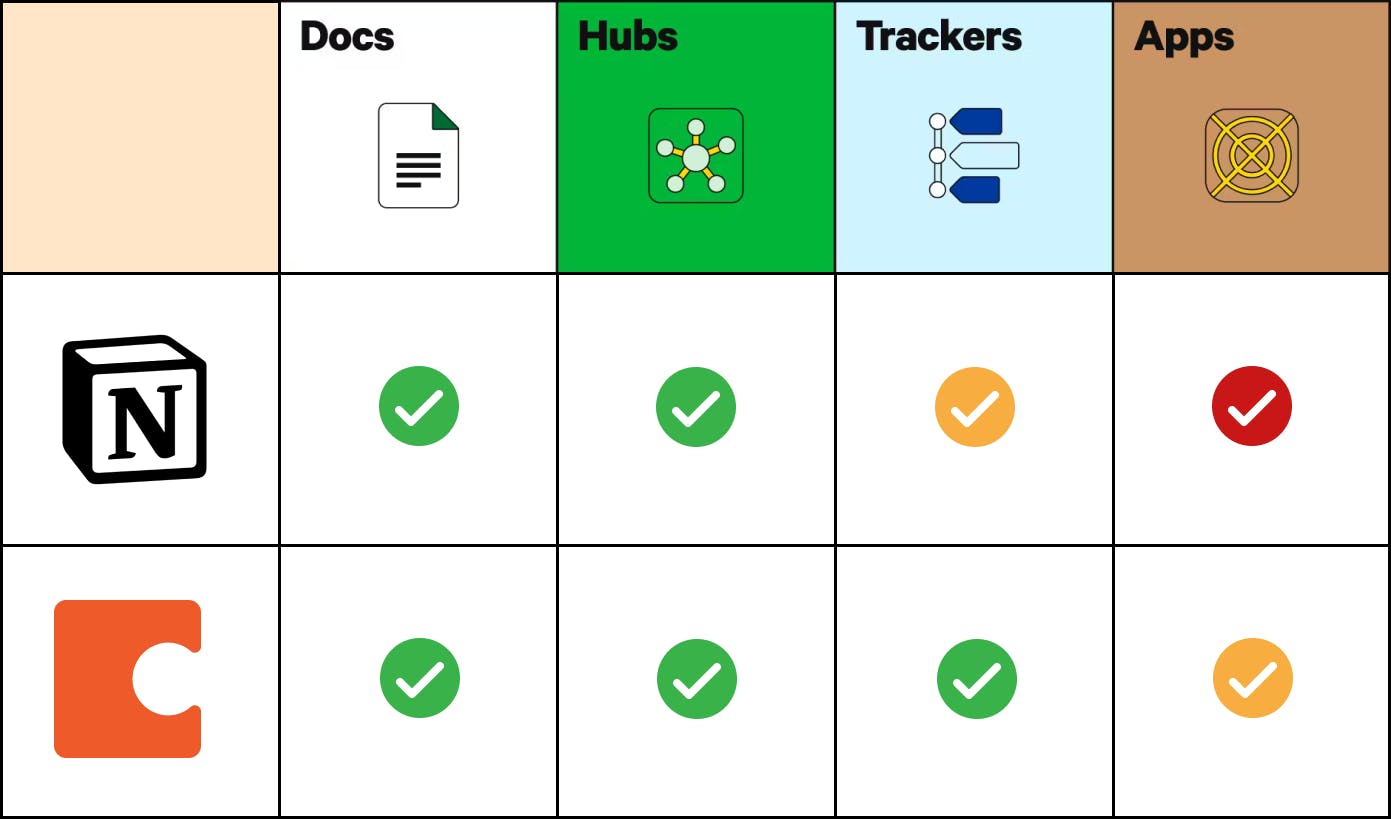
Coda
Coda is often considered more powerful than Notion due to its extensive feature set. It offers powerful databases, formulas, and workflow automation, making it a robust tool for managing complex tasks and projects. Coda is designed with professional teams in mind and offers more views, including forms and detail views. This is particularly beneficial for teams working on complex projects that require intricate data management and organization. The ability to create custom formulas and automate workflows also allows for increased efficiency and productivity.
Notion
Notion focuses primarily on organization and simplicity. Everything in Notion is considered a ‘Page’, even rows in a table. Within each Page are ‘Blocks’ which can be text, images, or can become code. This design makes Notion an excellent tool for organizing various types of content without needing advanced technical skills. This simplicity in design makes Notion great for individuals or teams looking for an easy way to organize data.
While both Coda and Notion offer unique functionalities, the choice between the two would depend on the specific needs and requirements of the user or team. Coda’s power and flexibility make it suitable for complex projects requiring detailed organization and data management. In contrast, Notion’s simplicity and ease of use make it an ideal choice for individuals or teams seeking a straightforward way to manage tasks and organize data.
Pricing Comparison: Coda vs Notion
Coda
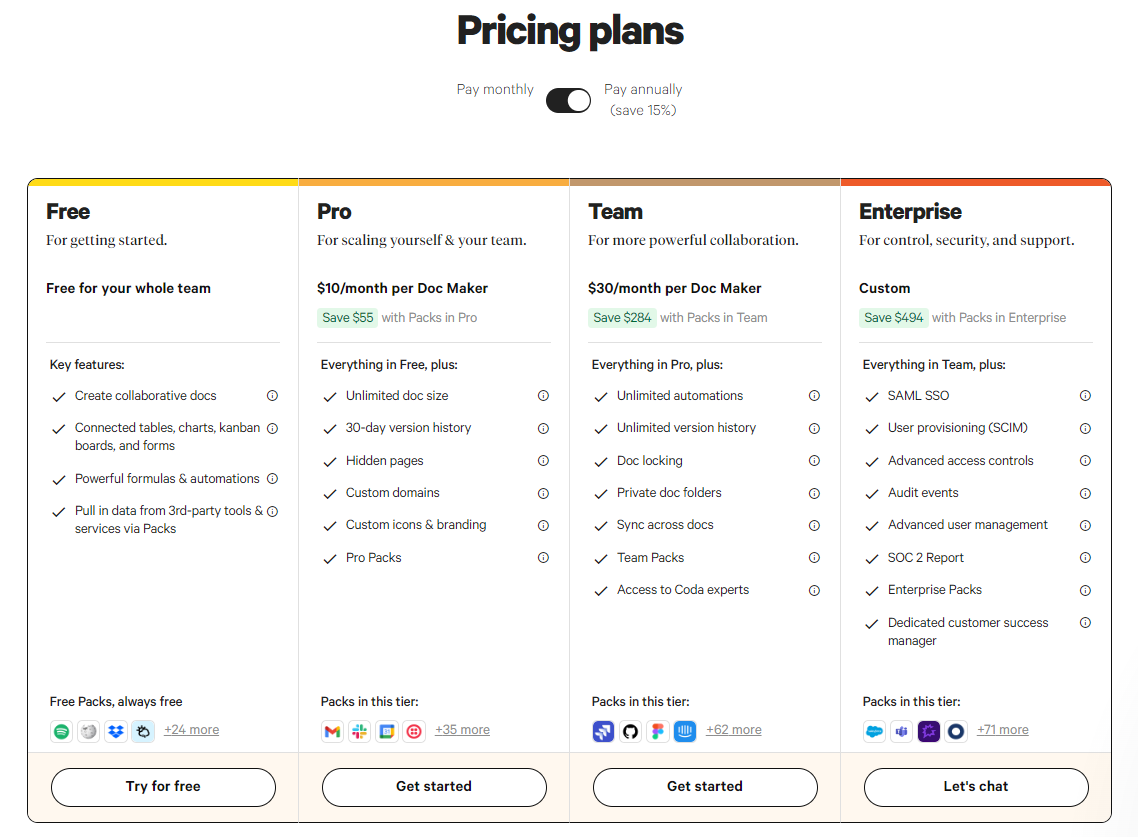
Coda has a slightly different pricing model compared to Notion. It offers a free plan that includes unlimited docs and a Pro plan priced at $10/user/month which provides additional features like doc maker and pack maker roles, as well as advanced security options. For teams, there’s a Team plan at $30/user/month and an Enterprise plan with custom pricing. One notable aspect of Coda’s pricing is that it can potentially save money for organizations where some teammates only read or comment on docs, as they would not necessarily need a paid plan (source: coda.io/pricing).
Notion
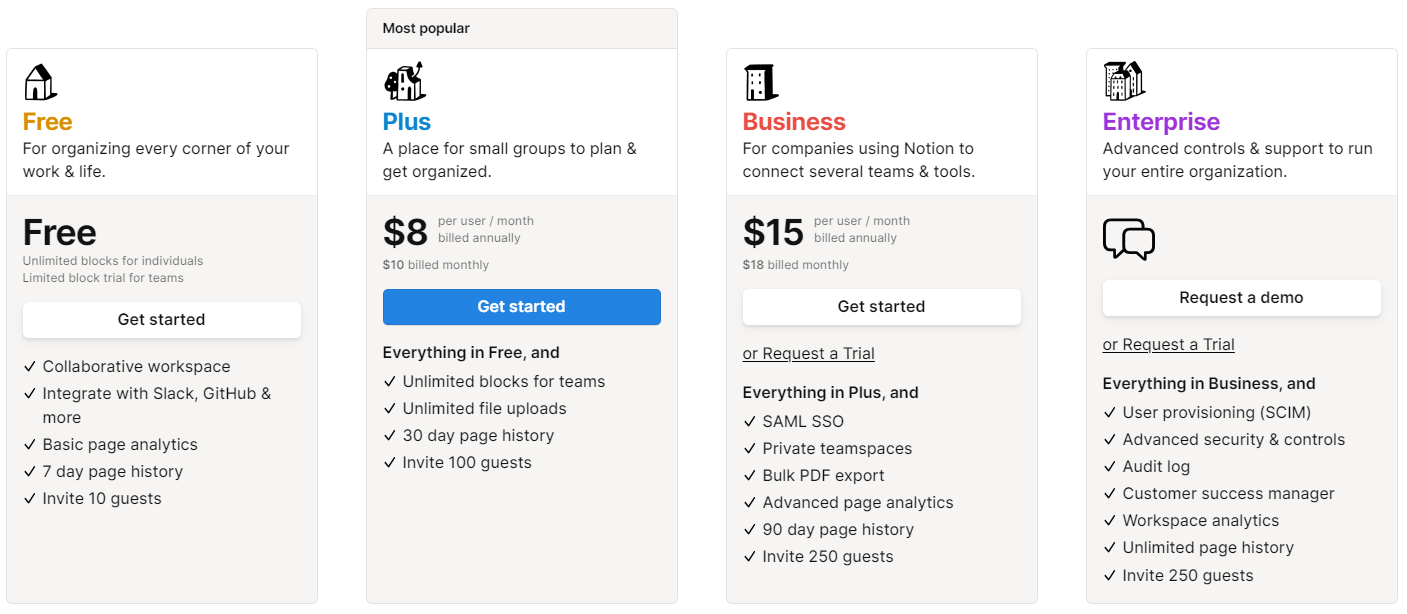
Notion offers a tiered pricing structure that caters to different user needs. They have a free Personal plan which includes unlimited pages and blocks, as well as a $4/month Personal Pro plan that includes additional features like unlimited file uploads, version history, and advanced permissions. For teams, Notion’s Team Plan costs $8 per member per month and offers collaborative workspace features. An Enterprise plan is also available for larger organizations, with custom pricing based on the specific requirements (source: notion.so/pricing).
Integration: Coda vs Notion
In the realm of productivity tools, integration with third-party applications can be a game-changer. In the “Coda vs Notion” debate, both platforms offer impressive integration capabilities, but they differ in the scope and nature of these integrations.
Coda
Coda shines when it comes to integrations, particularly for project management tasks. Users can link data from various sources and pull data into their Coda docs, creating a centralized hub for all project-related information. This advanced automation feature is one of the key reasons to choose Coda as your project management tool. Additionally, Coda’s ability to create formulas allows users to manipulate and manage data in a way that traditional spreadsheets can’t. This makes integrating data from different sources seamless and efficient.
Notion
Notion offers a different type of integration experience. Unlike Coda, Notion’s roots are in note-taking and document management, and its integrations reflect this focus. For example, you can easily embed long-form documents, meeting notes, and to-do lists from other tools into your Notion pages. This makes Notion an excellent tool for creating a company wiki or team wiki that combines information from various sources into one easily accessible location.
Both Coda and Notion integrate well with popular tools like Google Docs, allowing users to import documents and collaborate on them within the platform. However, at the time of writing, Notion offers fewer integrations compared to Coda. Despite this, Notion still stands strong with its ability to handle linked databases, making it a great choice for knowledge base creation and management.
Support: Coda vs Notion
When it comes to choosing between productivity tools like Coda and Notion, the level of support provided can be a deciding factor. Both platforms offer a range of support options, but there are differences in the scope and accessibility of support between the two.
Coda
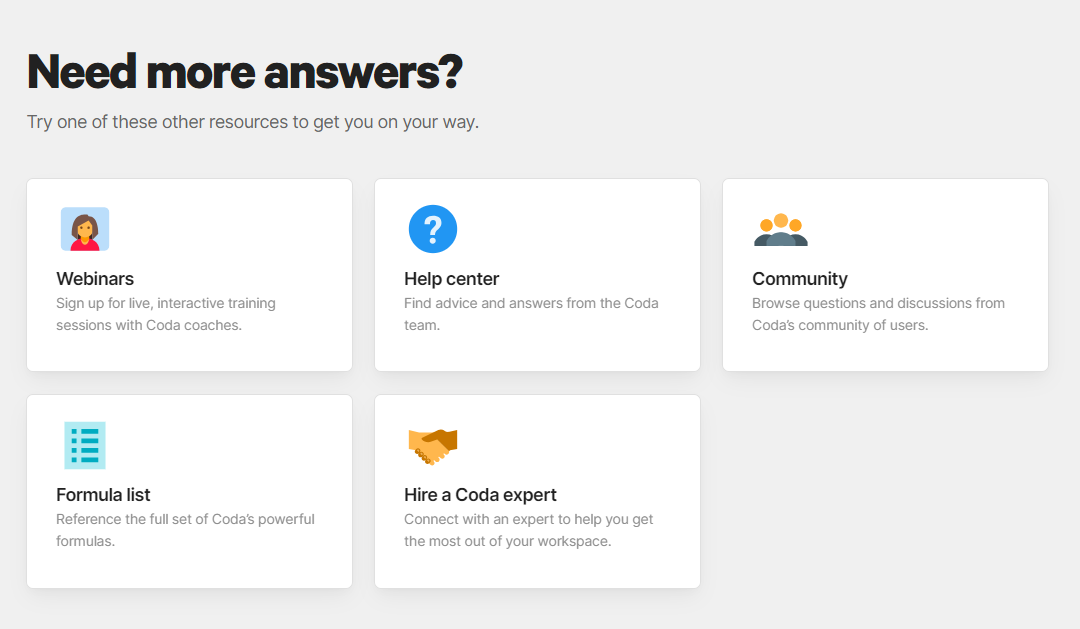
Coda provides robust support for its users, with resources extending beyond the traditional troubleshooting and technical assistance. As per the information available on their website, Coda offers a comprehensive knowledge base where users can find detailed articles and guides on how to use the platform effectively. They also have an active community forum where users can share ideas, ask questions, and learn from each other. Additionally, priority support is included in Coda’s paid plans, ensuring prompt and dedicated assistance when needed (source: coda.io/@john/coda-notion).
Notion
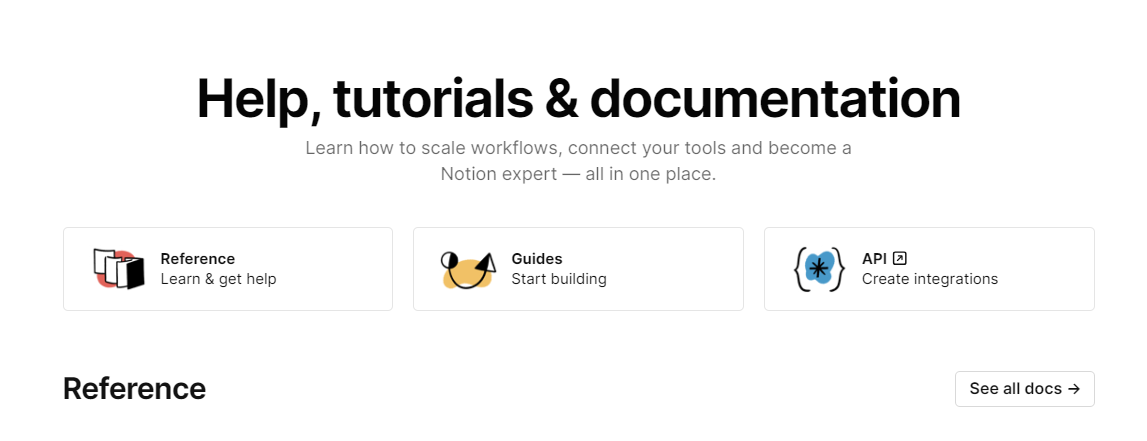
Notion also offers a variety of support resources. They have a well-organized help center with articles covering a wide range of topics, from getting started to exploring advanced features. Notion’s workspace harnesses the power of community through document sharing and user-made templates, making it easier for users to learn from each other. Notion also has a team dedicated to answering queries and resolving issues, ensuring that users receive timely assistance.
Both Coda and Notion are praised for their responsive and helpful support teams. However, the choice between the two will depend on your specific needs and preferences. If priority support is a must-have for you, then Coda’s paid plans might be more appealing. On the other hand, if you prefer learning from a community and utilizing shared resources, Notion’s approach to support might resonate more with you.
User Feedback: Coda vs Notion
Coda

Coda users often laud the platform’s advanced features and flexibility. They appreciate the ability to create pages, or what Coda calls ‘maker docs’, that pull data from various sources, including third-party applications. The advanced automation features, such as the ability to create formulas and automate processes, are often highlighted as game-changers for managing projects. However, some users have noted a steeper learning curve with Coda due to its powerful, but sometimes complex, features.
Notion

Notion users frequently praise the platform’s simplicity and user-friendly interface. The note-taking tool capabilities and document management features are often cited as key strengths. Users appreciate the unlimited blocks and pages offered on Notion’s free plan, and the ability to create linked databases is seen as a significant advantage for knowledge base creation. However, some users have expressed a desire for more advanced automation features, similar to those offered by Coda.
Final Verdict: Coda vs Notion
After a comprehensive comparison between Coda and Notion, it’s clear that both platforms are powerful productivity tools with unique strengths.
Coda impresses with its advanced automation features, integrations, and data management capabilities. It’s an excellent choice for those who need to create complex projects, manipulate data from various sources, and automate processes. However, new users may encounter a learning curve due to the tool’s complexity.
On the other hand, Notion stands out with its user-friendly interface, robust document management, and note-taking capabilities. It’s ideal for teams or individuals seeking to create a comprehensive knowledge base or company wiki. While it offers fewer integrations compared to Coda, its linked database feature is a standout.
Ultimately, the decision between Coda and Notion depends on your specific requirements. If you need advanced data manipulation and automation features, Coda might be the right fit. But if you’re looking for a simple yet effective tool for document management and collaboration, Notion could be your go-to platform.
Remember, the best productivity tool is the one that fits seamlessly into your workflow and helps you achieve your goals with ease and efficiency.
Here are some helpful career/leadership related blogs
- Careers– Agile Coach, RTE, Product Owner, Scrum Master, QA Manager
- Career development plan
- Career growth
- Career change at 40
- Project Management
- Managing Managers
- IT Career switch
- Software Engineering career path
- Agility, Agile Testing
- Remote leadership / Leadership traits / Agile leadership
Other Productivity / Tools posts that may interest you
- Productivity
- Book summary apps – Headway App vs Blinkist vs getAbstract
- AI Writers: / Blogging – Jasper, Writesonic, Article Forge , Copy AI, Anyword, Writecream, Copymatic, Quillbot, Peppertype, Jasper AI (pricing) &
- Work From Home tools: Jabra
Author also writes at his Medium site.
